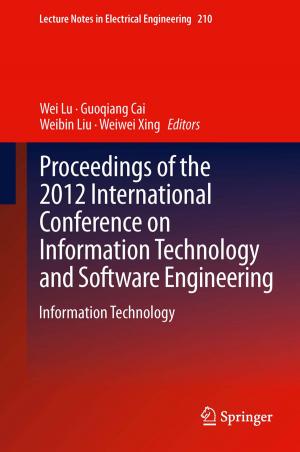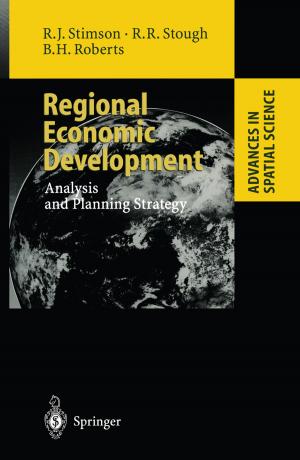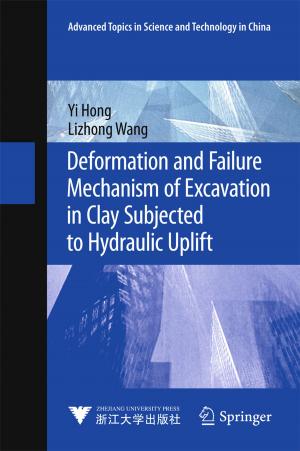Thermal Integrity in Mechanics and Engineering
Nonfiction, Science & Nature, Science, Physics, Thermodynamics, Mechanics, Technology| Author: | Boris F. Shorr | ISBN: | 9783662469682 |
| Publisher: | Springer Berlin Heidelberg | Publication: | May 30, 2015 |
| Imprint: | Springer | Language: | English |
| Author: | Boris F. Shorr |
| ISBN: | 9783662469682 |
| Publisher: | Springer Berlin Heidelberg |
| Publication: | May 30, 2015 |
| Imprint: | Springer |
| Language: | English |
The book is targeted at engineers, university lecturers, postgraduates, and final year undergraduate students involved in computational modelling and experimental and theoretical analysis of the high-temperature behavior of engineering structures. It will also be of interest to researchers developing the thermal strength theory as a branch of continuum mechanics.
Thermal integrity is a multidisciplinary field combining the expertise of mechanical engineers, material scientists and applied mathematicians, each approaching the problem from their specific viewpoint. This monograph draws on the research of a broad scientific community including the author’s contribution.
The scope of thermal strength analysis was considerably extended thanks to modern computers and the implementation of FEM codes. However, the author believes that some material models adopted in the advanced high-performance software, are not sufficiently justificated due to lack of easy-to-follow books on the theoretical and experimental aspects of thermal integrity.
The author endeavors to provide a thorough yet sufficiently simple presentation of the underlying concepts, making the book compelling to a wide audience.
The book is targeted at engineers, university lecturers, postgraduates, and final year undergraduate students involved in computational modelling and experimental and theoretical analysis of the high-temperature behavior of engineering structures. It will also be of interest to researchers developing the thermal strength theory as a branch of continuum mechanics.
Thermal integrity is a multidisciplinary field combining the expertise of mechanical engineers, material scientists and applied mathematicians, each approaching the problem from their specific viewpoint. This monograph draws on the research of a broad scientific community including the author’s contribution.
The scope of thermal strength analysis was considerably extended thanks to modern computers and the implementation of FEM codes. However, the author believes that some material models adopted in the advanced high-performance software, are not sufficiently justificated due to lack of easy-to-follow books on the theoretical and experimental aspects of thermal integrity.
The author endeavors to provide a thorough yet sufficiently simple presentation of the underlying concepts, making the book compelling to a wide audience.















